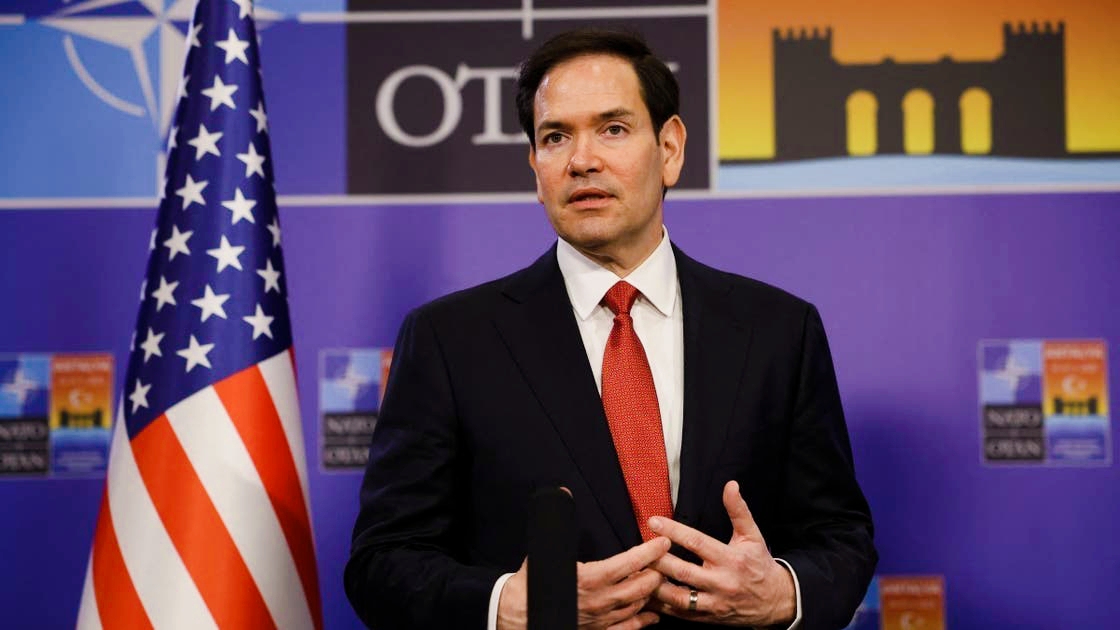In a significant shift in US policy towards Syria, the US State Department announced that Minister Marco Rubio pledged, during a phone call held yesterday, Thursday, with Syrian Foreign Minister Asad Hassan al-Shaaban, to review the US and international terrorism lists related to Syria.
State Department spokesperson Tammy Bruce stated that Rubio discussed the possibility of taking additional measures to amend the terrorism classifications imposed on Syria by the United States and the United Nations, reflecting the new American approach towards Damascus.
The two sides also discussed previous US steps taken to lift sanctions on Syria, in the context of reassessing US policy after years of isolation, where Rubio confirmed that Washington will maintain sanctions imposed on "malicious entities," referring to former Syrian President Bashar al-Assad and his associates, as well as those involved in human rights violations, supporting terrorism, or smuggling Captagon.
In a related context, US President Donald Trump signed an executive order last Monday canceling the legal framework of US sanctions on Syria, imposed since 2004 under a national emergency aimed at punishing the Syrian regime.
This decision came into effect on Tuesday, including the cancellation of five executive orders that formed the backbone of the US sanctions system.
The new decision directs relevant US agencies to take steps to amend export controls, trade exemptions, and economic restrictions imposed on Syria, aiming to facilitate economic recovery and reconstruction efforts.
However, the decision does not revoke Syria's classification as a "state sponsor of terrorism," a classification in place since 1979, which imposes restrictions on US aid and prohibits arms exports to it.
An official in the US administration confirmed that this classification is still under review as part of a comprehensive reassessment process.
This shift in US policy comes after a meeting between President Trump and Syrian President Ahmed al-Shar'a earlier, as part of an American attempt to rearrange its relations in the Middle East and open a new page with Damascus, away from the stage of sanctions and political isolation.

